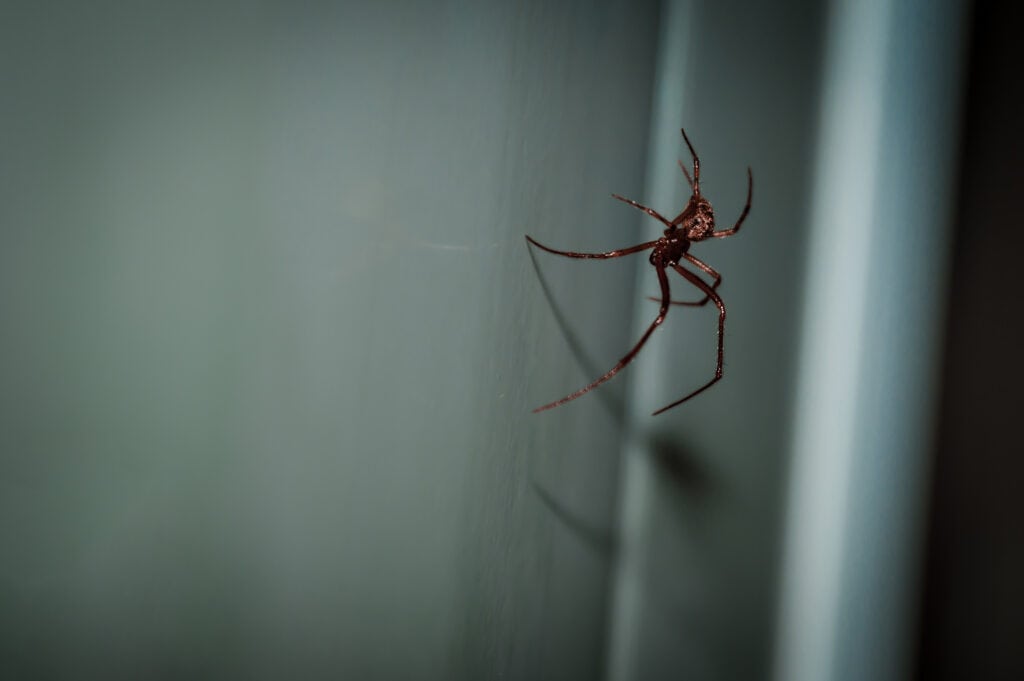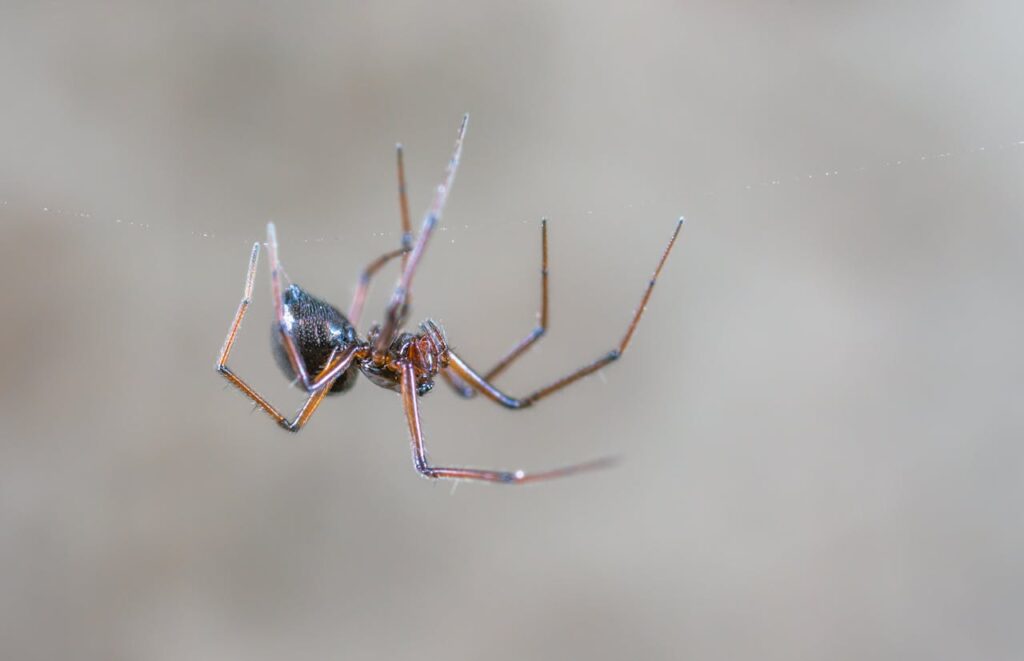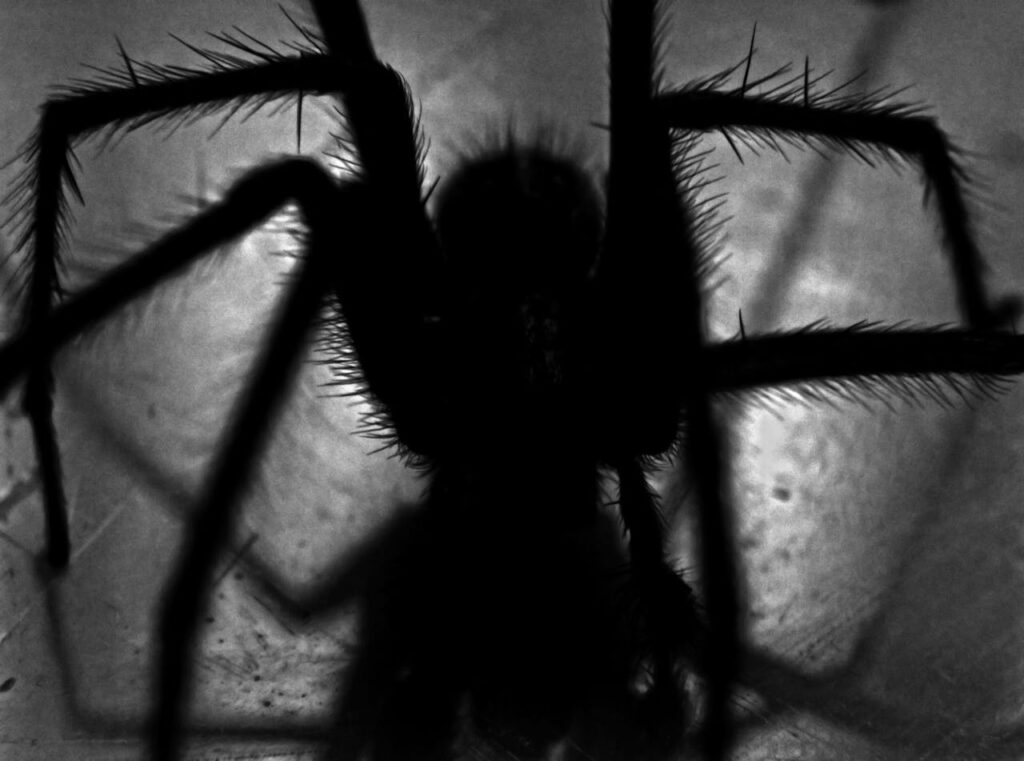
Finding a spider in your home can be an unpleasant surprise. While these creatures are often harmless and beneficial, their presence is not always welcomed. This article introduces natural and permanent methods to keep spiders away from your home, focusing on eco-friendly solutions. We’ll explore effective strategies that go beyond temporary fixes, offering a harmonious approach to living spider-free without using harsh chemicals. From understanding spider behavior to practical, natural deterrents, we’ll guide you through creating a home environment that’s uninviting to spiders, yet safe and environmentally responsible.
Understanding Spiders:

Spiders often get a bad reputation, but they play a vital role in our ecosystem, primarily through pest control. Most spiders found in homes are harmless and prefer to avoid human interaction. Understanding their behavior and habitat preferences is key to keeping them out of your home.
Biology and Behavior:
- Spiders are arachnids, not insects, characterized by eight legs and two body segments.
- They usually enter homes in search of prey, which means they often go where insects go.
- Spiders are more likely to be found in quiet, undisturbed areas like basements, attics, or garages.
Common House Spiders:
- The most common types include cellar spiders, house spiders, and jumping spiders, all generally harmless.
- Some species, like the cellar spider, are known for their web-making abilities, while others, like the jumping spider, are more mobile.
Dispelling Myths:
- Spiders aren’t aggressive and usually bite only when threatened and as a last resort.
- Myths about spiders, such as them being universally dangerous or venomous, are largely unfounded.
Natural Prevention Methods:

Implementing natural methods to prevent spiders from entering your home is an effective and eco-friendly approach. Here are some detailed strategies:
1. Cleanliness and Maintenance:
- Regular Cleaning: Frequently dust and vacuum your home, paying close attention to corners, under furniture, and in less-trafficked areas where spiders may build webs.
- Declutter: Reducing clutter eliminates potential hiding spots for spiders. Keep storage areas tidy and use sealed containers to discourage spiders from settling in.
2. Natural Repellents:
- Essential Oils: Spiders dislike certain strong scents. Essential oils like peppermint, lavender, or citrus can be diluted with water and sprayed in areas prone to spiders.
- Vinegar Solution: A mixture of white vinegar and water can act as a deterrent when sprayed in nooks and crannies.
- Diatomaceous Earth: This natural powder can be sprinkled around the perimeter of your home to deter spiders. It’s harmless to humans and pets but lethal to spiders.
3. Environmental Adjustments:
- Seal Entry Points: Inspect your home for cracks and crevices, especially around windows and doors, and seal them to prevent spiders from entering.
- Control Lighting: Outdoor lights attract insects, which in turn attract spiders. Use yellow sodium vapor lights outside, as they are less likely to attract insects.
- Landscaping: Keep shrubs and plants trimmed and away from your home’s foundation. Avoid mulch or wood piles, which can be attractive to spiders.
4. Natural Spider Deterrents:
- Citrus Peels: Spiders dislike citrus. Place lemon or orange peels in areas of spider activity.
- Chestnuts: Placing chestnuts in corners of rooms and on window sills can repel spiders.
- Herbs and Plants: Planting eucalyptus, lavender, and mint around your home can help keep spiders away.
5. Humidity Control:
- Dehumidifiers: Spiders thrive in moist environments. Using a dehumidifier, especially in basements and attics, can make your home less appealing to them.
- Proper Ventilation: Ensure good air circulation to reduce damp areas where spiders might congregate.
- Implementing these natural prevention methods can significantly reduce the likelihood of spiders making your home theirs. It’s a safe, effective, and environmentally friendly approach to dealing with spider intrusions.
In conclusion, achieving a spider-free home naturally is about striking a balance between effective prevention and environmental responsibility. The key lies in consistently implementing natural methods such as thorough cleaning, using natural repellents like essential oils and vinegar, and diligently sealing potential entry points. These steps create an environment that is less appealing to spiders, allowing us to coexist without conflict. By adopting these eco-friendly practices, we not only address our immediate concerns but also contribute to a sustainable and harmonious way of living, respecting the important role spiders play in our ecosystem.






